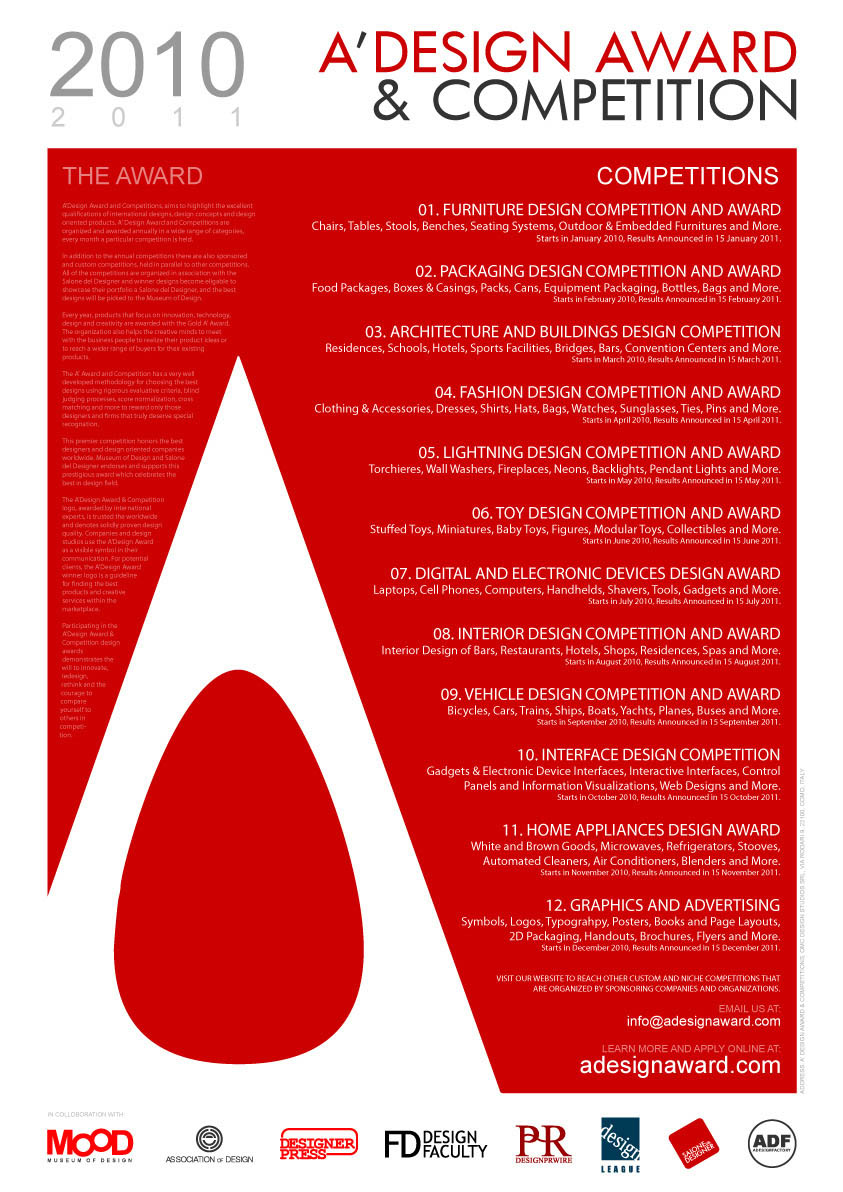
NEW YORK, Apr 8, 2002/ — In a major blow to the American textile industry, Levi Strauss will shed 3,300 jobs, or 20 percent of its total work force, and close six of its eight U.S. manufacturing plants this year.
Once the dominant force in the denim market, the 150-year-old company has been mired in an extended five-year slump as brands like Diesel, Earl Jeans and Tommy Hilfiger encroach on its territory.
“This is a painful but necessary business decision,” CEO Phillip Marineau said today. “There is no question that we must move away from owned-and-operated plants in the U.S. to remain competitive in our industry.”
Last January, Levi announced the closure of two of the company’s seven plants in Scotland, which resulted in the loss of about 600 jobs. Marineau said at the time that the plant closures were part of an initiative, first announced in 1999, to move away from manufacturing and transform Levi into a “marketing and product-driven” company.
The company’s two remaining U.S. owned-and-operated manufacturing facilities – a sewing plant and a finishing center in San Antonio, Texas – will continue to operate, but about 300 positions will be eliminated.
The other six plants will be closed in three phases: Blue Ridge, Georgia and San Francisco will shut by the end of June; Brownsville and San Benito in Texas will close by the end of August; and Powell, Tennessee and El Paso, Texas will shutter by the end of October.
“These plant closures will contribute to the ongoing progress of our business turnaround,” Marineau continued in his statement. “Outsourcing production supports a more variable cost structure, helps us maintain strong margins and enables us to invest more resources in product, marketing and retail initiatives.”
Marineau acknowledged earlier this year that Levi is even considering the possibility of selling to mass merchants like Wal-Mart in an effort to remain competitive.
Levi reported an eight percent sales drop for the fiscal year 2001, to $4.26 billion, last January. It kicked off its sixth consecutive year of slumping sales with a six percent fall, to $935 million, for the first-quarter of 2002.



